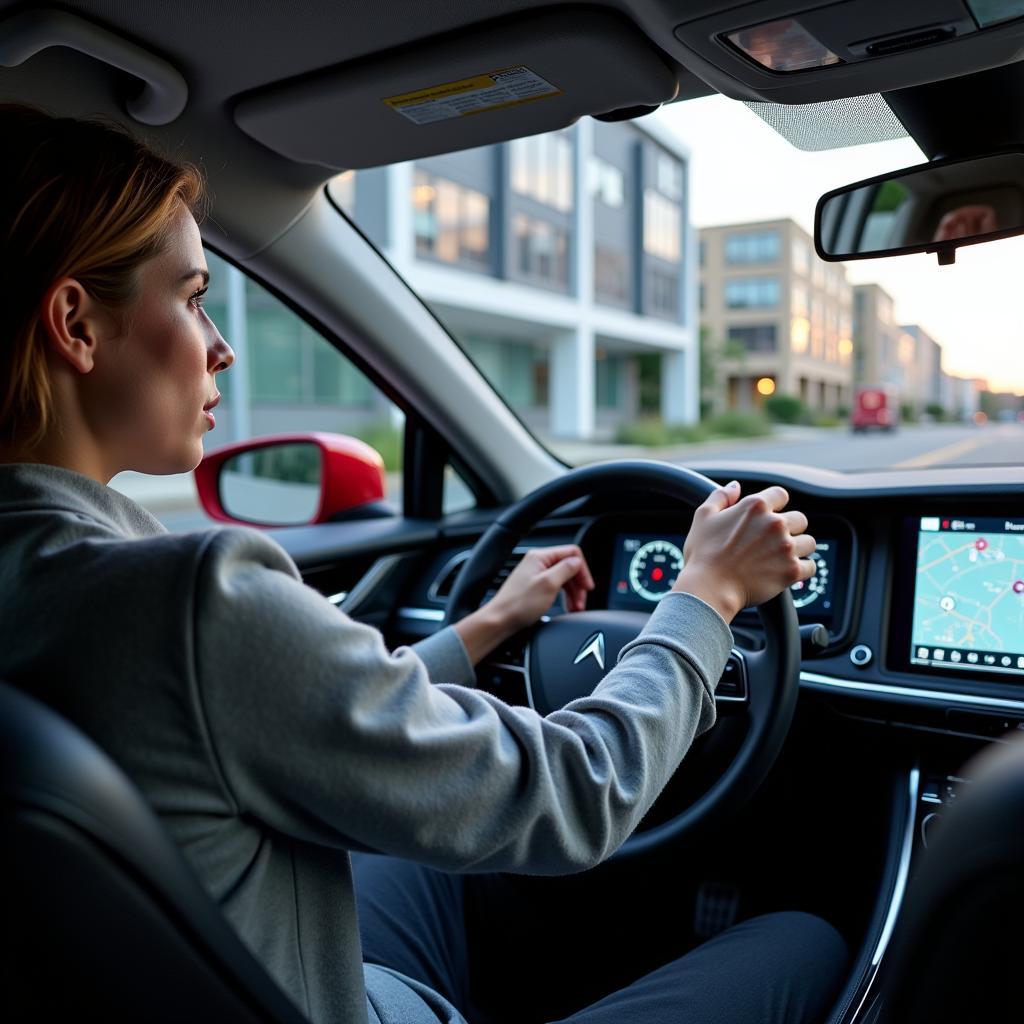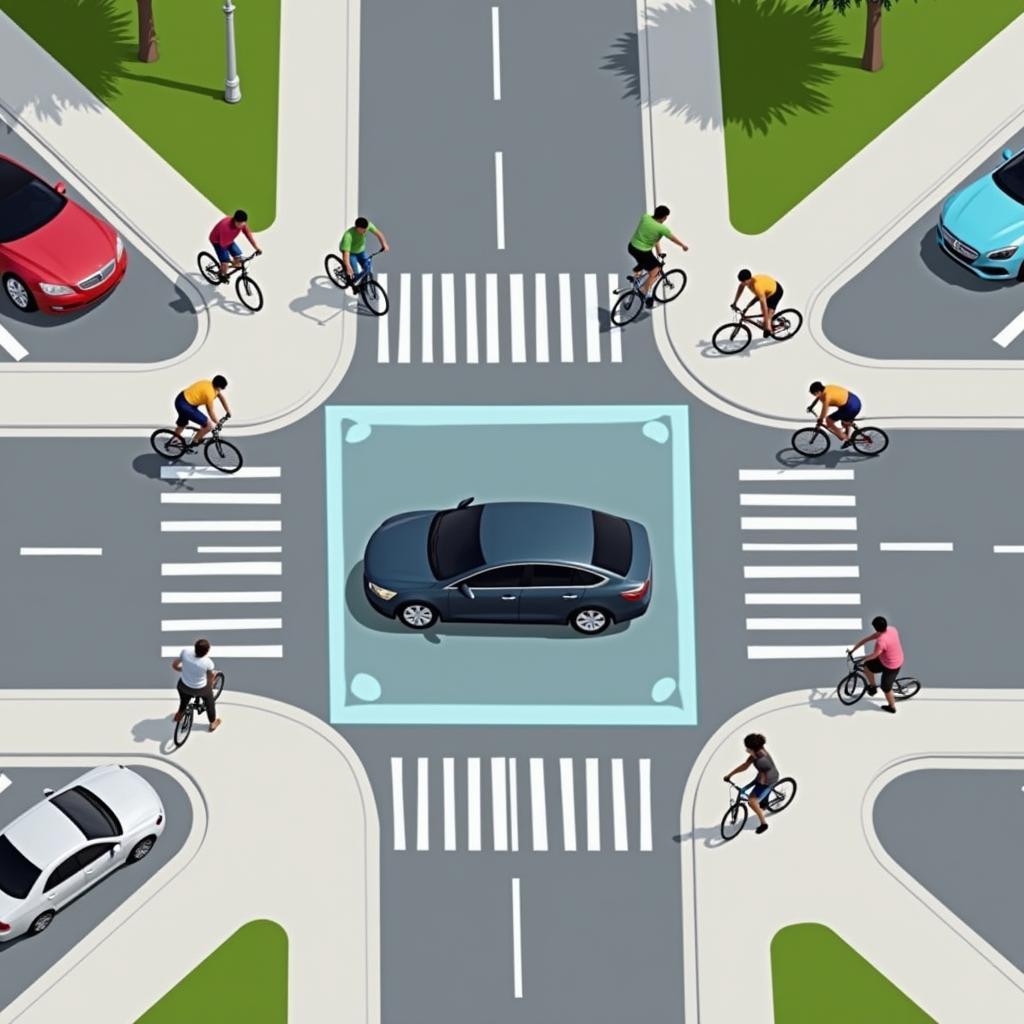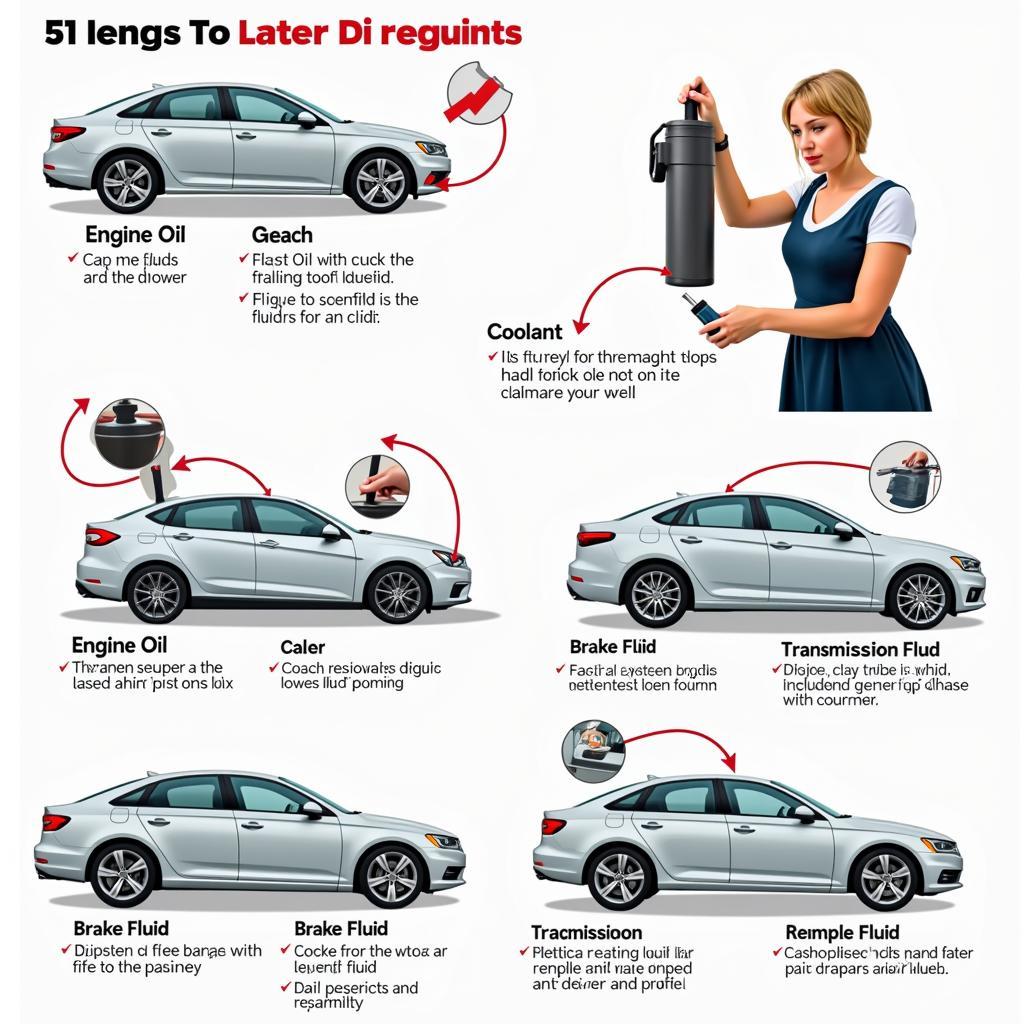Human awareness, or rather the lack thereof, presents a significant challenge for the widespread adoption of self-driving cars. This article explores the critical human factors impacting the safe and efficient integration of autonomous vehicles into our current transportation infrastructure. We’ll delve into the psychological, social, and behavioral aspects that influence how humans interact with and perceive self-driving technology.
what are the biggest driverless car problems
The Psychology of Trust and Self-Driving Vehicles
One of the most significant hurdles facing autonomous vehicles is building public trust. Many people are hesitant to relinquish control to a machine, especially when it comes to something as crucial as their safety on the road. This distrust stems from a lack of understanding of how self-driving cars work, coupled with anxieties about the technology’s reliability. Furthermore, media portrayals of autonomous vehicle accidents, however rare, tend to amplify these fears. Are we psychologically prepared to share the roads with robotic drivers?
 Human Trust in Self-Driving Cars
Human Trust in Self-Driving Cars
Overreliance and Complacency
Paradoxically, while some individuals are hesitant to trust self-driving cars, others might develop an overreliance on the technology. This overreliance can lead to complacency and a decreased level of situational awareness. Drivers who become overly comfortable with the autonomous features may neglect to monitor the road or be unprepared to take control in an emergency. The balance between trust and vigilance is a key challenge in human-machine interaction with self-driving cars.
Social and Behavioral Adaptations
The introduction of autonomous vehicles will require significant social and behavioral adaptations. Our current traffic laws and infrastructure are designed for human drivers. How will pedestrians and cyclists interact with self-driving cars? Will they understand the car’s intentions? These questions highlight the need for clear communication protocols between autonomous vehicles and other road users.
google self driving car problems
Predicting Human Behavior: A Fundamental Problem
One of the fundamental problems with self driving cars is their ability to predict and respond to the unpredictable nature of human behavior. Human drivers often make irrational decisions, break traffic laws, and communicate through non-verbal cues like eye contact and hand gestures. Teaching a self-driving car to interpret these nuances is an incredibly complex task.
 Predicting Human Behavior: A Challenge for Self-Driving Cars
Predicting Human Behavior: A Challenge for Self-Driving Cars
“The biggest challenge isn’t the technology itself,” says Dr. Emily Carter, a leading researcher in human-computer interaction, “it’s understanding and accounting for the unpredictable nature of human behavior on the road.”
Human Awareness Problems with Self-Driving Cars: Ethical Considerations
The ethical dilemmas surrounding self-driving cars are also deeply intertwined with human awareness. In unavoidable accident scenarios, how should the car be programmed to react? Should it prioritize the safety of its occupants or minimize overall harm? These are complex moral questions that require careful consideration and public discourse.
fundemental problem with self driving cars
Education and Public Awareness Campaigns
Addressing the human awareness challenges associated with self-driving cars requires a multi-pronged approach. Comprehensive public education campaigns are crucial to dispel misconceptions and build trust in the technology. These campaigns should focus on explaining how self-driving cars work, their safety features, and the potential benefits they offer.
Conclusion: Navigating the Future with Autonomous Vehicles
Human awareness problems with self-driving cars represent a significant but surmountable obstacle. By addressing the psychological, social, and ethical dimensions of this technology, we can pave the way for a safer and more efficient transportation future.
“Ultimately,” adds Dr. Carter, “the success of self-driving cars depends on building trust and fostering a shared understanding between humans and machines.” Connect with AutoTipPro for expert advice and support on all things automotive. You can reach us at +1 (641) 206-8880 or visit our office at 500 N St Mary’s St, San Antonio, TX 78205, United States.





Leave a Reply